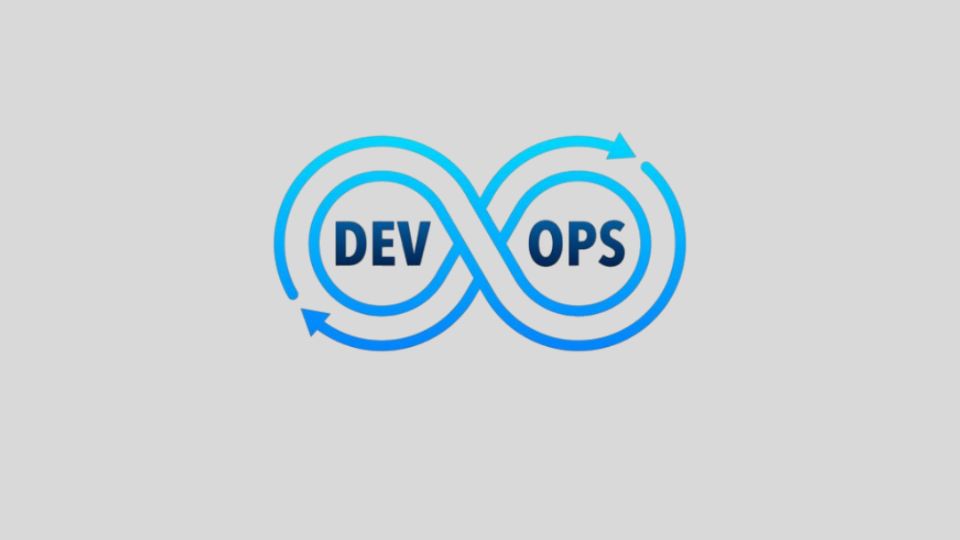Innovations in Project Management Tools Tailored for DevOps
The evolution of DevOps has greatly influenced the way project management tools are designed. As DevOps emphasizes the need for faster, more reliable software delivery through the integration of development and operations, tools that support this approach have evolved to meet these unique demands. Innovations in project management tools for DevOps teams focus on automation, collaboration, and integration, addressing the growing need for continuous delivery, continuous integration, and real-time feedback.
1. Enhanced Integration with CI/CD Pipelines
A primary innovation in project management tools tailored for DevOps is the seamless integration with continuous integration and continuous deployment (CI/CD) pipelines. Tools like Jira, Vabro, and GitLab now allow deeper integration with CI/CD systems, enabling automated task tracking linked to the CI/CD lifecycle. For example, tasks can automatically update in the project management tool when a build is completed or a deployment is successful.
- Automation of task statuses: CI/CD tools trigger changes in task statuses based on deployment outcomes.
- Automated bug tracking: Tools capture and assign issues or bugs detected during automated testing.
This allows teams to maintain full visibility into project progress and focus on bottlenecks that impact delivery cycles.
2. Collaboration in Real-Time
DevOps thrives on collaboration between development and operations teams. New project management tools focus on real-time collaboration and communication. Platforms like Vabro, Trello, and Monday.com offer features such as instant messaging, task comments, and live notifications, ensuring teams can work together effectively regardless of location.
- Integrated communication features: These tools embed chat and notification systems to ensure everyone stays informed about project changes.
- Transparency in workflows: Real-time updates make it easy for team members to track each other’s progress and provide instant feedback.
Tools with integrated collaboration features improve team morale and productivity by ensuring that all members stay aligned and informed.
3. Task Automation and Workflow Customization
DevOps requires high levels of task automation to reduce manual interventions and speed up the delivery pipeline. Recent innovations in project management tools allow teams to automate workflows, set triggers, and even assign tasks automatically based on certain conditions.
- Automated task assignment: Tools can automatically assign tasks based on workload, availability, or project phase.
- Customizable workflows: Teams can design workflows that match their specific DevOps processes, optimizing how tasks are handled and moved through different stages.
This reduces the overhead of manual task management, allowing teams to focus more on value-driven activities.
4. Advanced Reporting and Analytics
Data-driven decision-making is an essential component of DevOps. Modern project management tools have introduced advanced reporting and analytics capabilities that track key performance indicators (KPIs) related to development speed, bug resolution times, and deployment frequency. These insights allow teams to fine-tune their processes for greater efficiency.
- Real-time dashboards: Visual dashboards that track KPIs provide immediate insights into project status and team performance.
- Predictive analytics: Some tools use historical data to predict potential delays or bottlenecks, enabling proactive issue resolution.
These tools make it easier for DevOps teams to analyze their workflows and continuously make improvements.
5. Cloud-Based Solutions for Scalability
Cloud-based project management tools have revolutionized how DevOps teams collaborate across various locations and scales. Tools like Jira Cloud, Trello, and Vabro offer cloud-based platforms that provide access to projects from anywhere, enabling remote teams to contribute effectively. Furthermore, the scalability of cloud solutions ensures that as organizations grow, their project management tools can grow with them.
- Flexible access: Teams can access project data anytime, from any device, and from anywhere in the world.
- Scalability for large teams: Cloud-based tools handle increased data loads and larger teams without compromising performance.
This cloud-based flexibility is crucial for global DevOps teams and organizations with a distributed workforce.
6. Artificial Intelligence and Machine Learning
The use of artificial intelligence (AI) and machine learning (ML) is becoming increasingly prevalent in project management tools tailored for DevOps. AI-driven features can predict project delays, recommend improvements, and even suggest code enhancements.
- Intelligent task prioritization: AI can automatically prioritize tasks based on project timelines and the urgency of issues.
- Code quality analysis: ML algorithms can analyze code quality and recommend improvements to avoid deployment errors.
These AI capabilities add another layer of efficiency, automating decision-making processes that were previously manual.
7. Security and Access Control
As security becomes a growing concern in DevOps workflows, tools have begun offering enhanced features to manage access control and security. Tools like Jira and Vabro now provide granular permission settings to ensure sensitive information remains protected while still enabling collaboration.
- Role-based access control: Tools allow administrators to assign specific permissions based on user roles, ensuring only authorized personnel can access sensitive project data.
- Audit trails: Detailed logs of actions taken within the tools can help trace activities and ensure compliance with security standards.
These innovations in security ensure that DevOps teams can focus on delivering secure applications while maintaining control over project data.
Conclusion
Innovations in project management tools tailored for DevOps are driving enhanced automation, collaboration, and data-driven decision-making. These tools are designed to support the fast-paced, iterative nature of DevOps, ensuring teams can deliver high-quality software faster while staying aligned and efficient.
By incorporating integration with CI/CD pipelines, real-time collaboration features, and AI-driven insights, these tools continue to evolve, helping DevOps teams work smarter, not harder.
As DevOps continues to gain momentum, project management tools that cater specifically to the needs of development and operations will only become more essential in optimizing workflows and achieving operational excellence.
